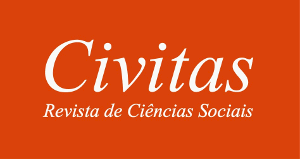Abstract
In this paper I explain the changes in the police organizations of Chile in the first decade of democracy. Given the system of police forces and the complex of agents that make up what I call, following Bourdieu's field theory, the policing field, I discuss how in the first decade of democracy a new consensus on policing was constructed and then institutionalized in new doctrines and modes of deployment by the police forces of Chile, the Carabineros and the Investigations Police. I analyze the origin of the demands for change and how historic structures of relations between political agents and police institutions and police struggles within the field led to the doctrinal and organizational transformation of both police forces. Depending on the different positions in the police field of each force and its different relations of autonomy from the executive branch, different combinations of mechanisms produced the change in each police organization in line with the new democratic orthodoxy.
Keywords:
Police; Change; Bureaucracy; Democracy; Chile; Field Theory
